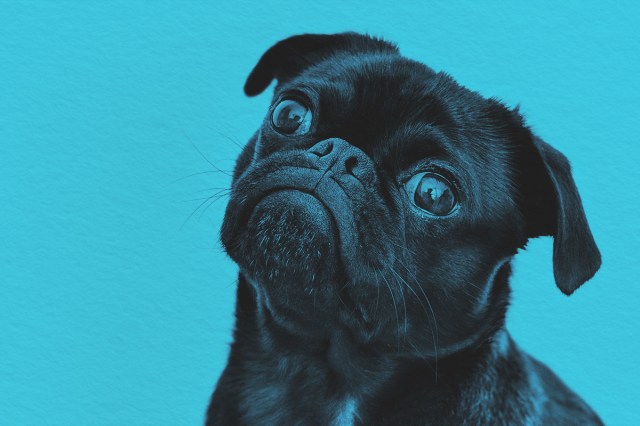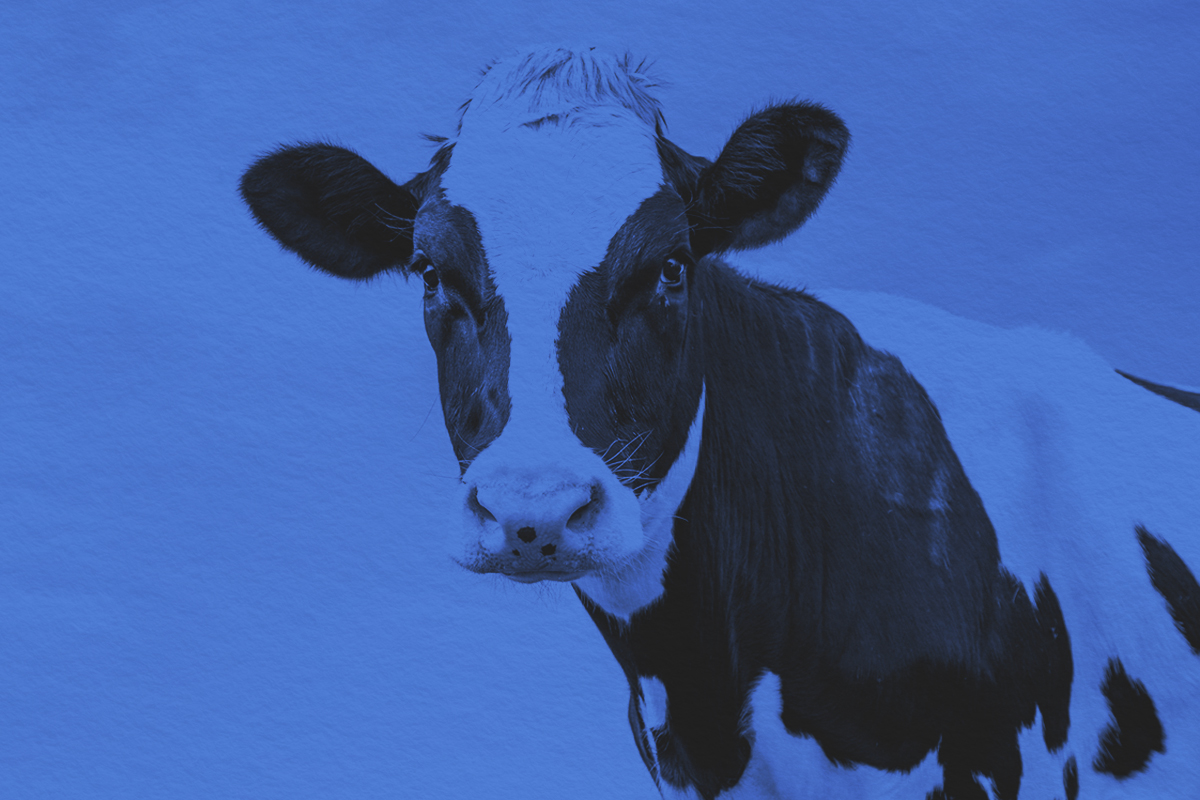
There are hundreds of dog breeds across the world, from affenpinscher to zuchon. Often, breed names seem to fit perfectly with the pups they describe: The name “pug,” for example, really captures the breed’s stout body and flat face. The etymological roots behind many popular dog breed names date back centuries and trace to the country of origin for the breed. Let’s examine the origins of some favorite canine monikers.
The word “pug” was originally used in a far more general context than how it’s used today. One of the earliest known uses dates to 1580, when the Middle English pugge was a common term of endearment for any person, pet, or plaything. By the 1630s, the word was used to describe a “small demon or imp” — a perhaps accurate description of pups who jump on the sofa when they’re not supposed to. The specific phrase “pug-dog,” however, appeared in print in 1749, and from there, “pug” became most closely associated with dogs. It’s also worth noting that “pug” was used in Britain throughout the 1800s to describe a “thing that is squat or stumpy,” which is an apt descriptor of the dog breed.
“Beagle” was coined in the late 15th century for a “small type of hound formerly kept to hunt hares.” The exact origins of the canine term are murky, but one of the most accepted theories is that it derived from the French becguele, which translates as “noisy person” or “gaping throat.” Beagles are known for their baying and howling, especially when they pick up on a scent while hunting, so a word meaning “noisy” is a perfectly appropriate name choice.
While we may associate poodles with fancy haircuts and pampered lifestyles, they were originally used in a physically intense manner to hunt waterfowl. The name “poodle” is derived from the German Pudel, which is shorthand for Pudelhund or “water dog.” The name of this breed in English dates back to around 1800, but the breed was very popular in Europe for centuries before then.
The Labrador retriever is one the most popular U.S. dog breeds, though its roots are Canadian. This breed originated in the Labrador Territory, which is now a part of the Canadian province of Newfoundland and Labrador — the Newfoundland dog breed originated there as well. Labradors are known for their infatuation with water, and have been used for hundreds of years by fishermen and hunters to dive in the water and retrieve objects. Many early Labradors were known for their all-black color, though future bloodlines produced chocolate and yellow varieties that became highly popular.
The breed name “schnauzer” originated from the Middle English snute, meaning “snout.” That term eventually evolved into the German noun Schnauze (also meaning “snout”) and later the verb schnauzen, meaning “to growl.” From there, the German word Schnauzer was coined, literally translating to “growler.” The breed made its way to the Americas in the 1920s, as noted in the August 1923 edition of Dog World: “A new breed has come to America — the Schnauzer.”
If you’ve ever seen a basset hound, you probably noticed its short legs, long ears, and the fact that its body sits so low to the ground. So it may not shock you to learn the breed comes from an Old French word that literally means “low.” The Old French bas dates to the late 14th century, and over time, this evolved into the French basset. Later, in the 1610s, the term “basset” was used to describe this specific type of hunting dog.
Terrier is one of the seven major dog groups outlined by the American Kennel Club, and it includes a wide variety of breeds — Yorkshire terriers, Welsh terriers, Airedales, Jack Russell terriers, and a slew of other varieties, many of which trace their roots to the hunting dogs of the early 15th century. The word “terrier” comes from the Old French term chien terrier, which translates to “earth dog.” Many early hunting dogs would follow their prey into underground burrows to catch them, so they became known for digging into the earth.

















